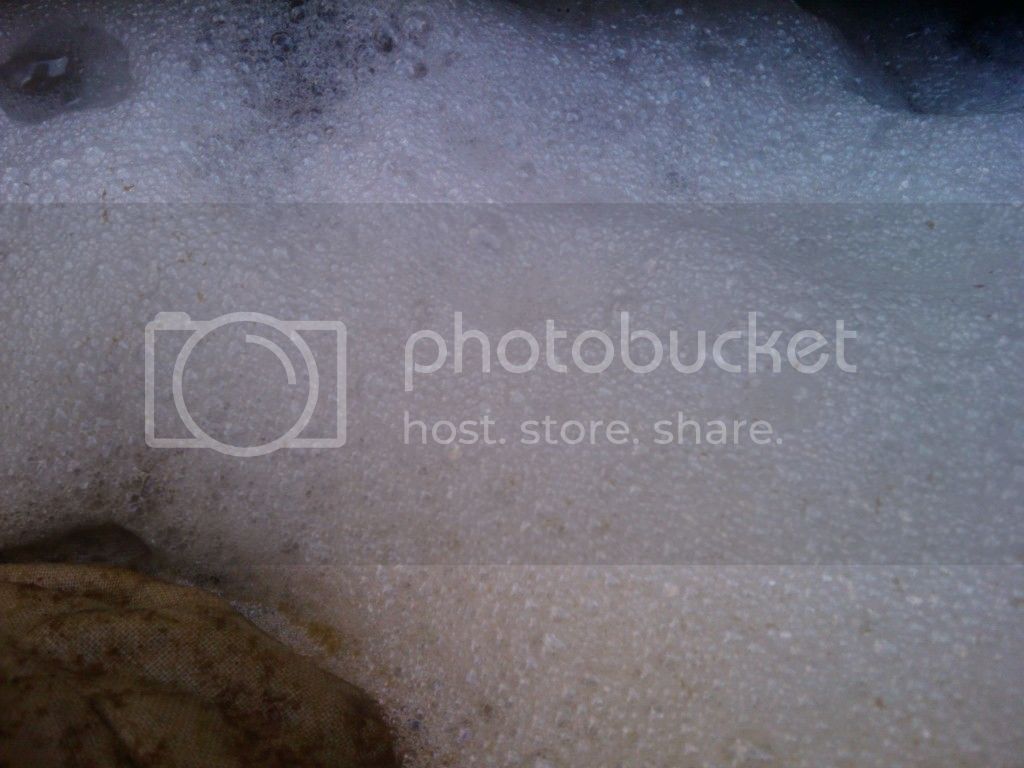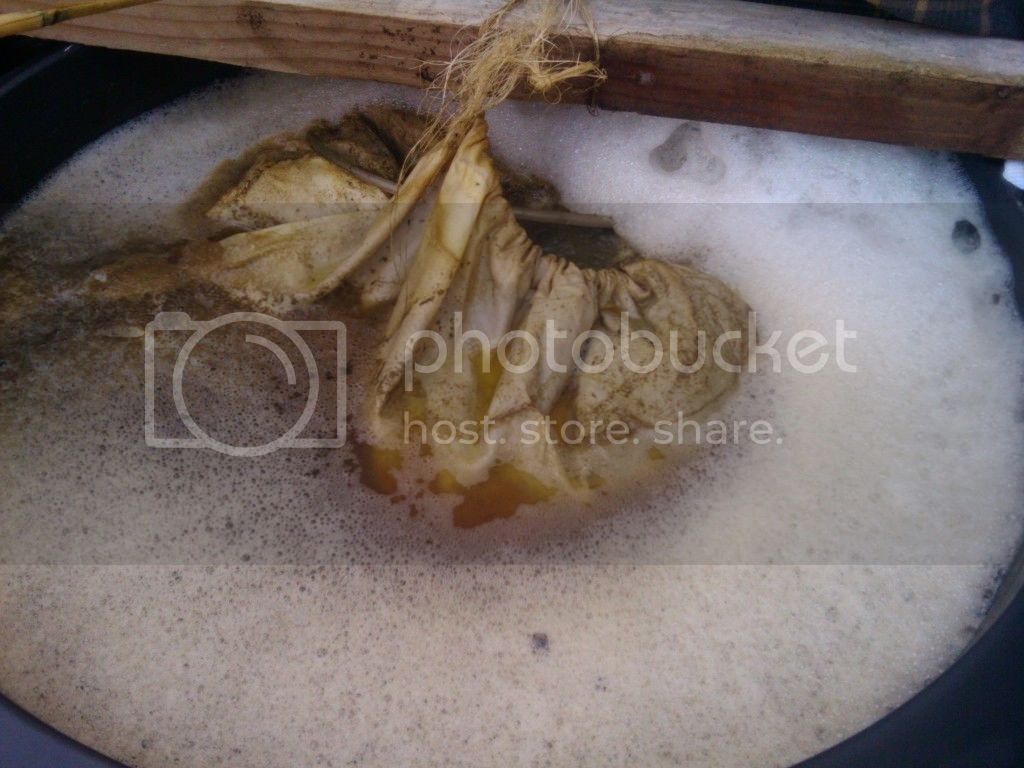Okay another post for a complicated process I'm only just beginning to learn.
The next link I'm posting is going to make many cringe, because it goes against nearly everything which I have read about AACT in this thread and I'm sure results (which I have seen on this forum) speak louder than university studies.
http://www.uvm.edu/v...composttea.html
If you start reading it don't close it half way, an interesting study was talked about at the end.
Looking forward to hearing firefaces results.
EDIT: Should mention the writing was done by the University of Vermont, and they mention USDA. Maybe disregard my entire post?
As far as cheap sugar sources go Cay I have just became aware molasses can be used for agricultural purposes. As a fodder supplement, any farms near your area?
EDIT #3: I'll finish reading everything before I post next time. On your link GA Growhead and it's absolutely amazing. Thank you for posting.
Will be starting a compost pile from twigs and sticks(Only), if anyone has found wood in their compost they'll notice the amount of fungi which can be growing in a small area. Mycelium loves the stuff. 50:50 with worm castings sounds like a great mix.
The next link I'm posting is going to make many cringe, because it goes against nearly everything which I have read about AACT in this thread and I'm sure results (which I have seen on this forum) speak louder than university studies.
http://www.uvm.edu/v...composttea.html
If you start reading it don't close it half way, an interesting study was talked about at the end.
Looking forward to hearing firefaces results.
EDIT: Should mention the writing was done by the University of Vermont, and they mention USDA. Maybe disregard my entire post?
As far as cheap sugar sources go Cay I have just became aware molasses can be used for agricultural purposes. As a fodder supplement, any farms near your area?
EDIT #3: I'll finish reading everything before I post next time. On your link GA Growhead and it's absolutely amazing. Thank you for posting.
Will be starting a compost pile from twigs and sticks(Only), if anyone has found wood in their compost they'll notice the amount of fungi which can be growing in a small area. Mycelium loves the stuff. 50:50 with worm castings sounds like a great mix.















